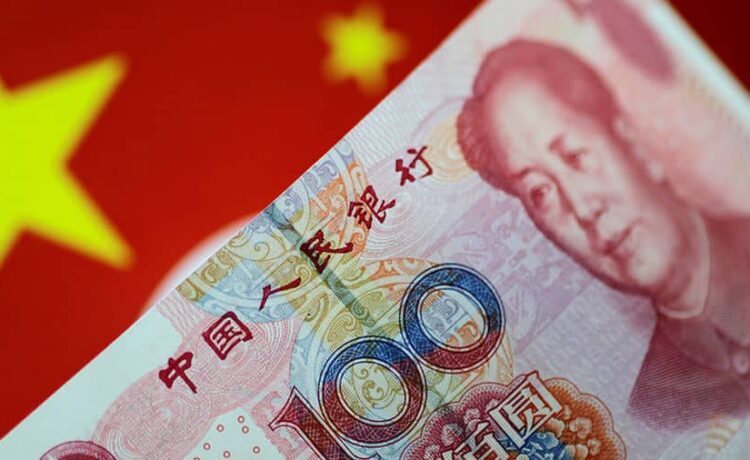Factories in Vietnam, like this one, are now competing with Chinese manufacturers in terms of price and quality.
The point is: cheap exports and an artificially devalued currency served its purpose for a time. But at this point in its stage of development, China must move higher up the value chain and spread its global influence.
A weak yuan is unproductive towards meeting China’s long-term goals. The nation’s leadership fully understands this fact.
US-China Trade War’s Effect on Yuan
You might imagine that a looming trade war between China and the United States would have some sort of effect on the Chinese yuan – whether positive or negative.
Except a stable yuan is in China’s best interest too. They never wanted to devalue the currency in the first place.
The U.S. worries that China could devalue their currency to boost exports, flood global markets with cheaper products, and overcome the impact of sanctions.
However, devaluing the Chinese yuan doesn’t make any sense due to reasons mentioned further above.
Don’t get us wrong – it’s possible that a trade war between the world’s two biggest economies will intensify. This would result in negative consequences for both parties, although a declining Yuan isn’t necessarily one of them.
Will the Yuan Increase in Value?
China’s long-term strategic goals will demand an appreciating, or at the very least stable yuan.
Of course, practically every currency fluctuates in the short-term. We personally don’t expect that the yuan will depreciate over a ten-year horizon though.
That’s because neither China nor competing powers such as the U.S. want a weaker Chinese yuan. It would mean a setback in China’s international ambitions along with greater political pressure at a pivotal moment.
Frankly, China doesn’t have any other good options besides continuing to support the yuan.
Therefore, if you’re seeking exposure to foreign currencies within an already diverse portfolio and plan on holding them for at least ten years, you may consider whether you’d like to invest in yuan.
Currencies like the Singapore Dollar and Malaysian Ringgit are safer bets for traders who purely seek capital gains. Nonetheless, the Chinese yuan still enjoys solid potential and could outperform other major currencies in the future.
FAQs















